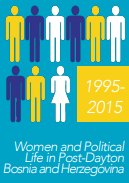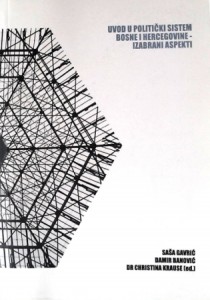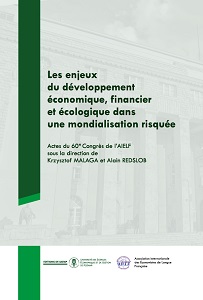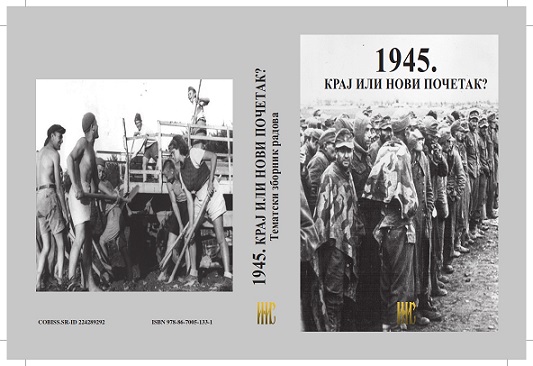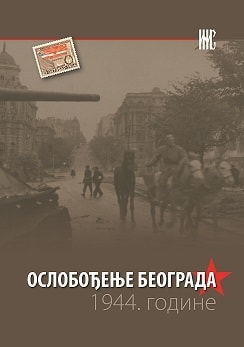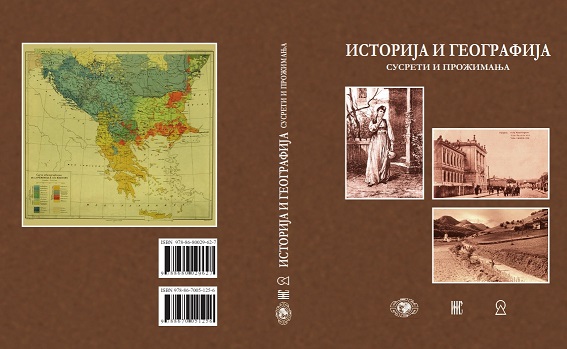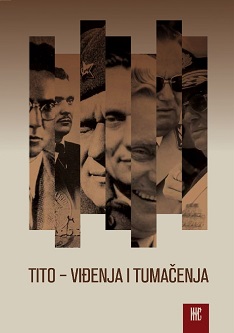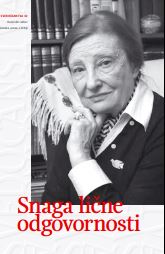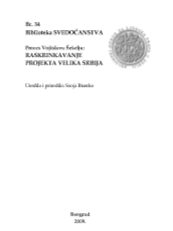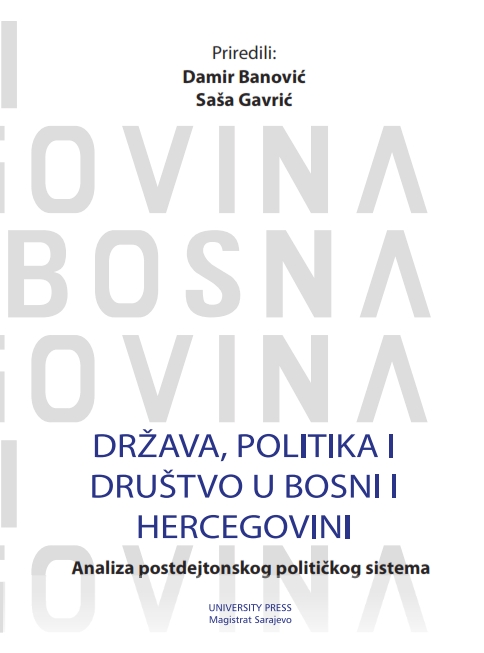Author(s): Olga Popović-Obradović / Language(s): Serbian
Publication Year: 0
Još na početku poslednje decenije prošlog veka u Srbiji je, kao i u ostalim zemljama tzv. tranzicije, pod vođstvom Slobodana Miloševića, izvršena institucionalna reforma kojoj se ne može poreći da je, bez obzira na brojne manjkavosti, stvorila osnovne ustavne pretpostavke za uspostavljanje modernog demokratskog poretka. Uvedeno je načelo podele vlasti, višepartijski sistem, neposredni izbori, uspostavljen parlament i liberalizovani mediji; čak je i ministar vojske po prvi put u istoriji Srbije imenovan iz redova građanskih lica. Danas, deceniju i po kasnije, svedoci smo potpunog debakla ovih institucija. Umesto da utru put uspostavljanju pluralističke demokratije, tržišne ekonomije i vladavine prava, moderne političke institucije poslužile su kao mimikrija za pokrivanje, odnosno svojevrsno legitimisanje jednog totalno arhaičnog, antimodernog političkog projekta koji je uz to još bio i zločinački. Pitanje državnih granica i etnička homogenizacija definisani su kao primarni interes srpskog naroda, pred kojim sloboda pojedinca kao vrednost ili nestaje ili u najboljem slučaju ima tek drugorazredni značaj. U punom svetlu se pokazala jedna patrijarhalno - autoritarna, izrazito monisitička politička kultura, čije jedno, unutrašnje lice predstavlja kolektivizam, egalitarizam, netrpeljivost prema drugom i drukčijem, a drugo, spoljašnje lice, etnički nacionalizam i ratništvo.
More...


